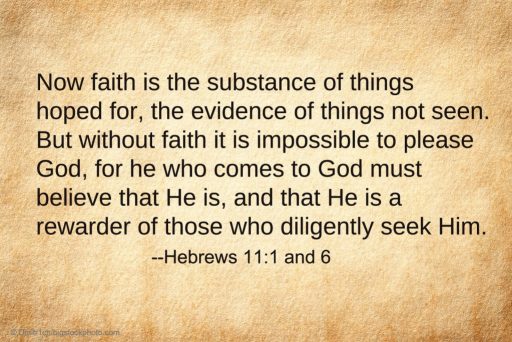
We have always had, and probably always will have, doom-sayers who predict the human race will be wiped out in the near future. From nuclear war to disease to hostile aliens, there have been countless books, movies, TV shows, and media reports of something that will soon destroy us all. The latest prediction is human destruction by Artificial Intelligence (AI). AI doom-sayers are now predicting the odds of AI wiping out humanity are one in ten and that this could happen within five years.
AI-powered ChatGPT and Google’s Bard can already pass the bar and medical licensing exams. On IQ tests, they score in the 99th percentile – genius level. Some say that AI, without human control or input, could create bioweapons, shut down financial systems, and eventually wipe out humans. One example of human destruction by Artificial Intelligence is that if AI were allowed to solve the climate crisis, its first step would be eliminating humanity. An atheist could claim that AI could wipe out any belief in God by showing that it can act as a god.
There are many kinds of intelligence, and they are all measured in different ways. My mentally-challenged son would score average intelligence on a verbal English language IQ test. However, on a test that involved shapes and simple mathematical logic, he would score a 25. The two tests measured different things. The biblical concept of God as the creator is that God created time, space, and matter/energy. AI is fabricated by humans and takes what is already created, reshaping it to a human frame of reference.
Could AI create chaos? Yes! Can AI take a human-created test structured by a computer and provide an answer another computer or human would accept? Of course! Is there a risk in letting any computer control human activity? Yes! Human destruction by Artificial Intelligence can only happen if we allow it.
All of us know by experience that computers are limited. They depend on electricity and proper data input and ignore human needs. Look at how many times airlines have been forced to shut down flights in recent years due to computer failures. Most fundamental is the fact that humans are not driven by data alone. We respond to psychological and spiritual needs, complex emotions, social needs, and environmental issues. Our relationship with God can make life a positive experience, but AI cannot address the uniqueness of humans.
— John N. Clayton © 2023
Reference: The Week for June 23, 2023, page 11.









